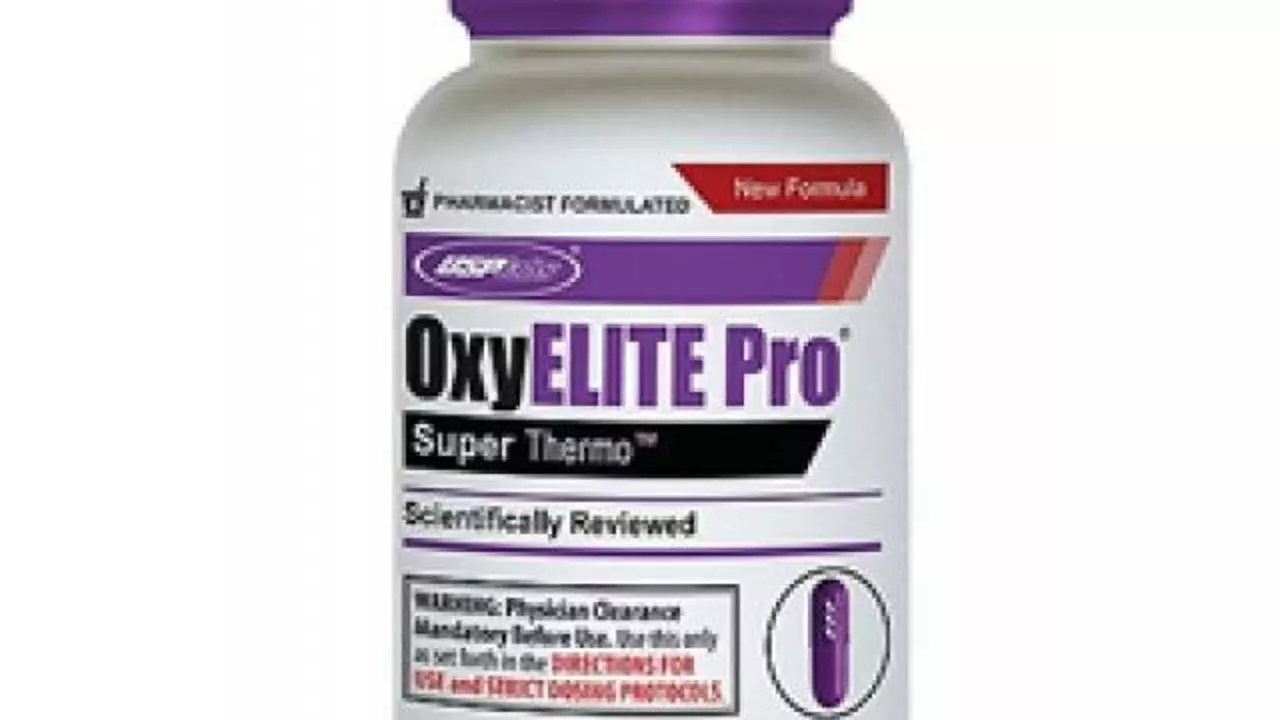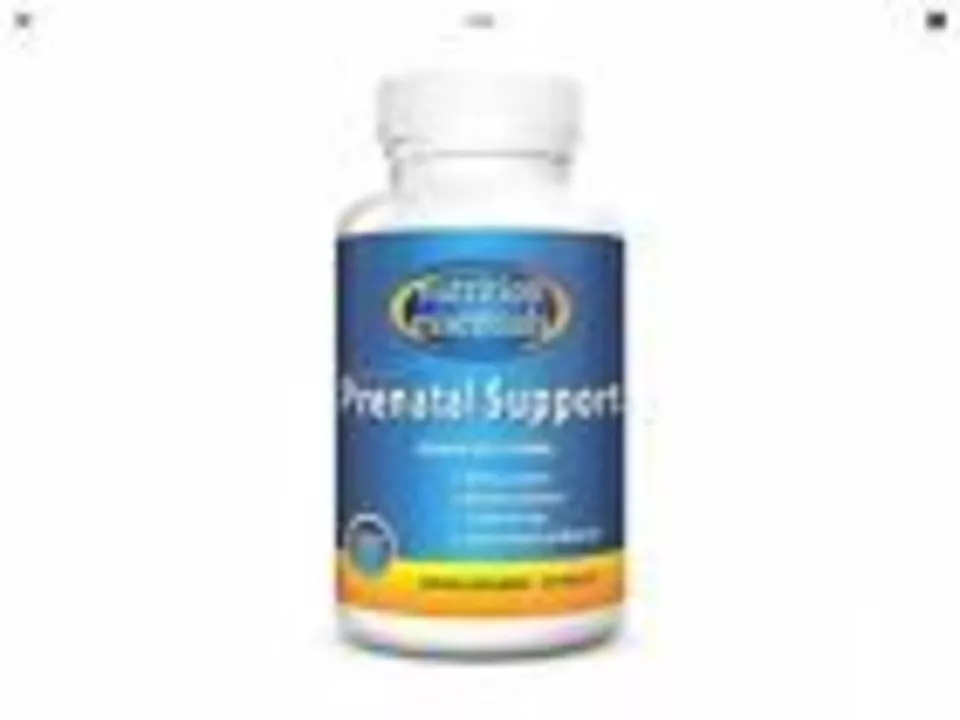Dietary Supplement: Smart, Safe Choices for Everyday Health
Supplements can help fill gaps in your diet, support recovery, or ease symptoms — but they can also cause harm if used the wrong way. This page collects easy, practical guidance so you can pick better products, avoid dangerous mixes, and know when to ask a doctor. Below you’ll find a short safety checklist and clear tips for choosing quality supplements.
Quick safety checklist
Look at the label first. Check the "Supplement Facts" for the exact dose and active ingredients. Watch for long proprietary blends that hide amounts; you want clear numbers. Check expiration dates and serving size. If the bottle claims to "cure" a disease or sounds too good to be true, treat it as a red flag.
Seek third-party testing. Trusted seals include USP, NSF, or ConsumerLab. Those tests don’t guarantee a miracle, but they do reduce the chance of contamination or wrong doses. If a brand hides its lab reports or refuses to share a certificate of analysis, consider a different product.
Think about interactions. Some supplements change how prescription drugs work. For example, St. John's wort can reduce the effect of many medicines, and vitamin K affects blood thinners like warfarin. If you take daily meds, ask your provider before adding anything new.
Choosing the right supplement
Match the supplement to a real need. Get a blood test if you suspect a deficiency (iron, vitamin D, B12). Avoid random multivitamin shopping unless you have a clear reason. For specific goals — joint pain, immune support, or dental health — look for products with clinical backing and sensible doses.
Start small and watch for changes. Try a single new product for a few weeks, then evaluate energy, sleep, digestion, or side effects. Keep notes so you can report exact changes to a clinician. If you feel a new symptom like skin rash, rapid heartbeat, severe stomach pain, or jaundice, stop the supplement and get medical help.
Special groups need extra caution. Pregnant or breastfeeding people, children, older adults, and anyone with chronic liver or kidney disease should only take supplements on medical advice. Kids need lower doses and specially formulated products — never split adult pills for a child.
Where this tag helps: our articles under "dietary supplement" cover real options and safety tips — from fluoride supplements for dental health to anti-inflammatory supplements for autoimmune flares. We also review alternatives and interactions so you can make informed choices without the guesswork.
Use this page as a quick guide, not a final answer. When in doubt, bring the product label and your medication list to a pharmacist or primary care clinician. That small step can prevent big problems and keep supplements working for you, not against you.



